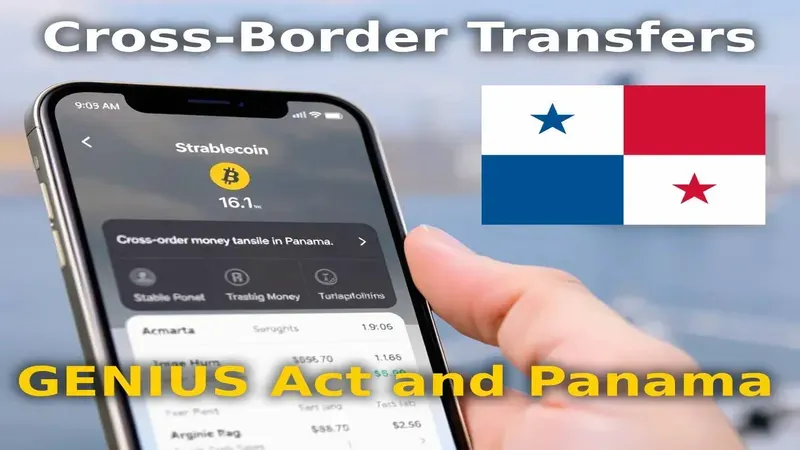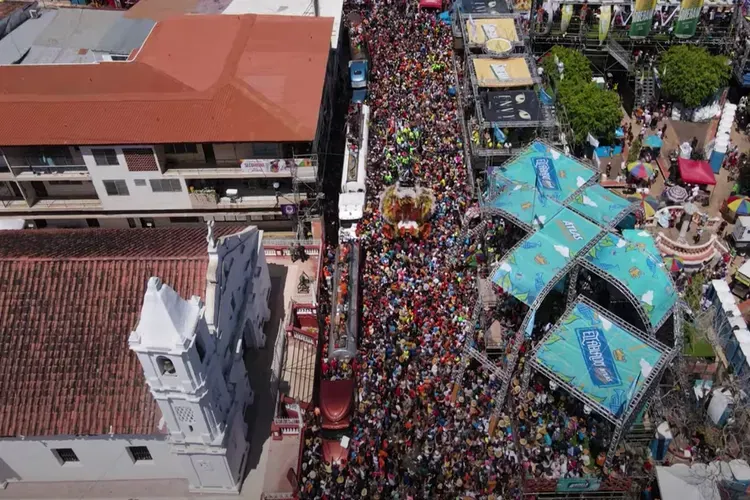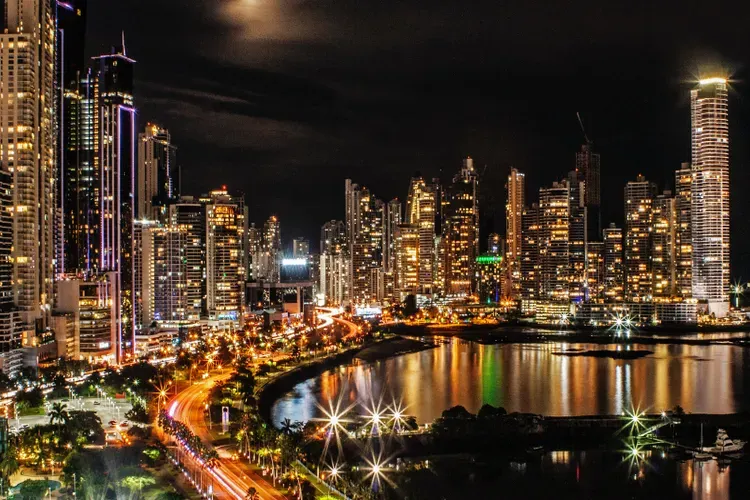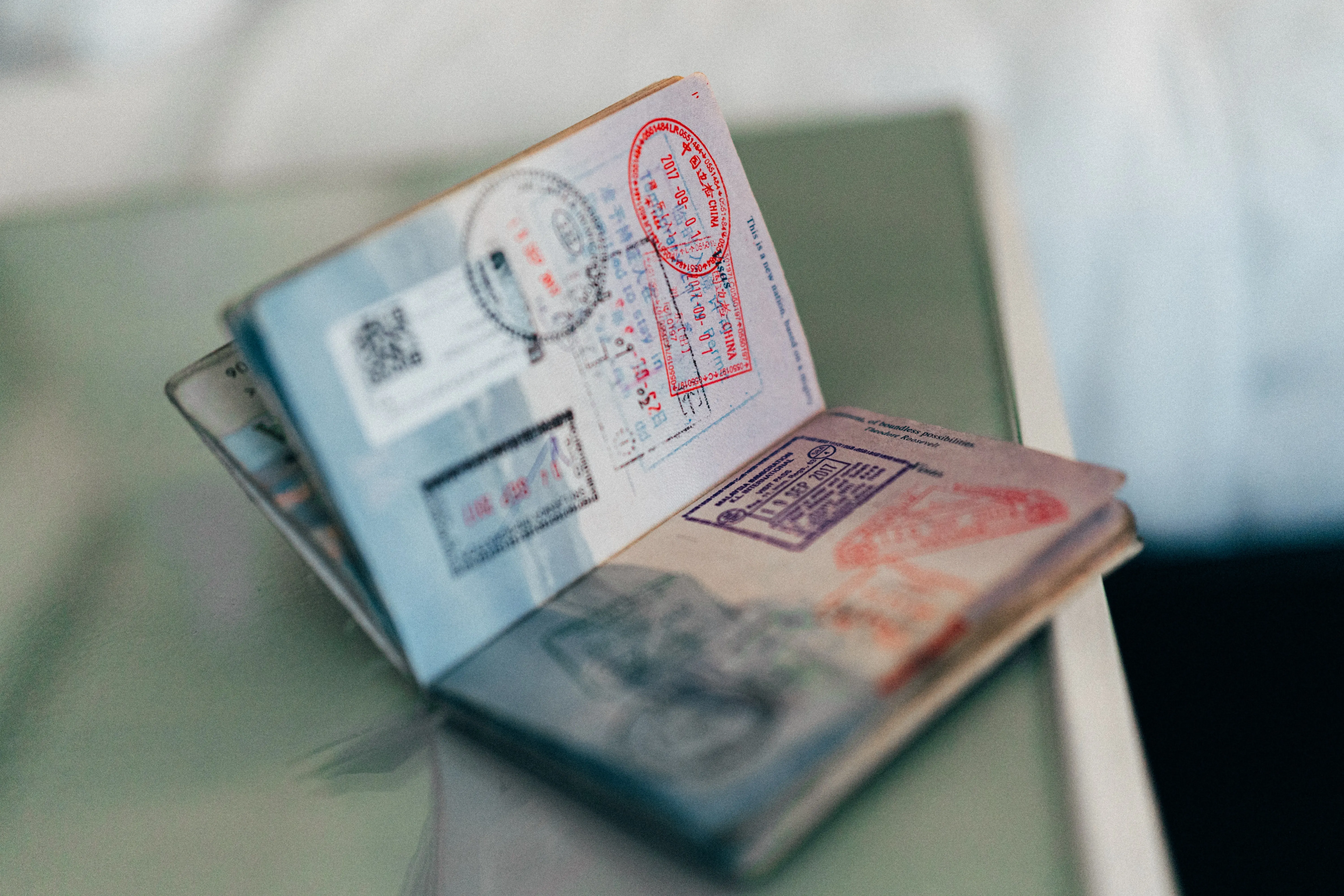The Panama Canal Controversy: President Mulino Responds to Trump’s Claims
In a revealing dialogue, President José Raúl Mulino tackles controversial claims about foreign influence in the Panama Canal, asserting sovereignty and future diplomatic paths. Discover the insights shaping Panama's stance on international relations.

In an age where geopolitical dynamics shift rapidly, few topics stir as much debate as the Panama Canal. Recently, President José Raúl Mulino took center stage to address allegations made by former President Donald Trump regarding alleged Chinese influence within the canal. In this deep dive, we explore the nuances of Mulino’s responses, shedding light on the future of U.S.-Panama relations and the implications for both nations.
The question posed to Mulino was pointed: "What do you think about Donald Trump’s comments regarding illegal Chinese activity in the Panama Canal?"
The president’s response was straightforward—there are no Chinese operatives in the canal. “Simply put,” he asserted, “there are no Chinese or any other foreign powers operating within the canal.” This statement not only dismisses Trump’s assertions but also reinforces Panama's control over this critical infrastructure.
The president elaborated, indicating that any presence of Chinese individuals is limited to tourists aboard cruise ships. This assertion speaks volumes about Panama’s strategic positioning in a global context. Yet, it also hints at broader geopolitical fears that may not be entirely unfounded. While he acknowledges these concerns as valid from a global perspective, he firmly states that they have no bearing on Panama's reality.
Transitioning to legislative matters, Mulino was queried about the methodology adopted by the National Assembly to discuss proposed reforms. His approach to this topic reveals a keen understanding of parliamentary sovereignty. “The Assembly is sovereign,” he explained. “Changes to the proposed reforms could be significant, but it will ultimately depend on full discussions within their walls.”
This clarity reflects a respect for democratic processes and highlights Panama’s political landscape as adaptable yet firmly rooted in its institutional frameworks.
When pressed about Trump's past remarks concerning ownership of the canal, Mulino stood his ground with conviction:
“Until January 20th, Trump is not yet president of the United States.” This indicates a shift in focus towards current governance under President Biden. He reassured that discussions around tariffs are moot until they can be officially addressed by Biden’s administration, emphasizing that his previous statements about national ownership remain unchanged.
Mulino's comments underscore an essential narrative: while historical tensions linger, current governance should dictate diplomatic dialogues. This perspective could foster a healthier relationship between the U.S. and Panama moving forward.
Questions arose concerning Kevin Marino Cabrera's nomination as U.S. ambassador to Panama. Mulino approached this topic cautiously, acknowledging Cabrera’s youth but refraining from drawing any immediate conclusions about his capabilities or potential impact on bilateral relations. This deliberation showcases Mulino's measured approach to international diplomacy—preferring a wait-and-see strategy before passing judgment.
As discussions veered toward economic relations and shipping fees for U.S. vessels using the canal, President Mulino delivered a firm response: “No, costs will not be reduced.” The established processes for setting tolls have been followed diligently since the canal's handover, reflecting Panama's commitment to transparency and fairness.
In light of these discussions, it's clear that while international relationships can be fraught with complexity and historical baggage, President Mulino stands firm in advocating for Panamanian sovereignty and addressing concerns head-on with clarity and conviction. His responses not only reinforce national pride but also lay groundwork for future negotiations grounded in mutual respect.
President Mulino of Panama Press Conference from 27 December 2024
In conclusion, while the echoes of past administrations might linger in diplomatic conversations, it is essential for nations like Panama to redefine their narratives actively. Through these responses from President Mulino, we witness an assertive stance aimed at maintaining sovereignty over national resources while navigating the tricky waters of international relations. The future remains uncertain but optimistic as both nations recalibrate their approaches toward partnership grounded in understanding and respect.
Stay tuned as we continue to monitor developments related to these significant dialogues—who knows what new revelations might unfold next in this ongoing story?









